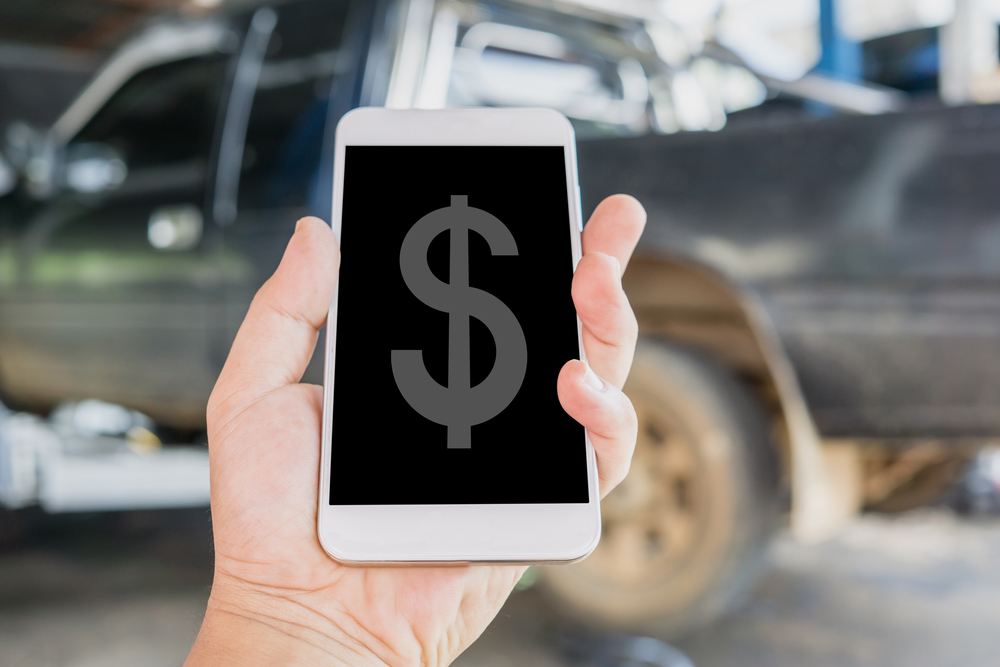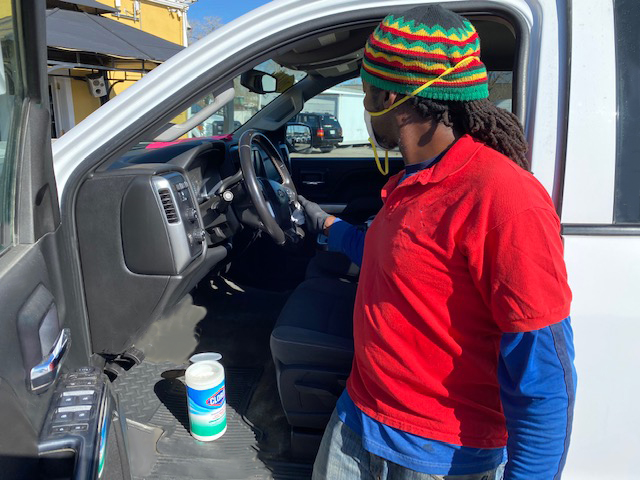How to Determine How Much You Should Spend on a Used Car

It’s super smart to know your financial health before setting sights on a new car. Many customers we talk to don’t come equipped to determine the best used car for their budget. You can save yourself a lot of money – and a lot of headaches – by doing some simple math before you make your final decision.
If you don’t have a clear picture of how much you can actually afford, it’s easy to bite off more than you can chew. Many people fall in love with a dream car and ignore red flags when it comes to the math.
Even though your (new) used car has monthly payments that seem manageable, it’s always best to know for sure.
How Much Should You Spend on a Used Car?
Buying a used car is one of life’s biggest expenses, and it’s a purchase where you have control over how much you spend.
Financial experts offer wildly different advice on how much you should spend on a car. One school of thought holds that all your automotive expenses (gas, insurance, car payments) should not exceed 20% of your pretax monthly income.
The general rule of thumb is that you shouldn’t spend more than 20% of your monthly income on your car payment.
Knowing your monthly fuel and insurance costs will also help you make an educated decision if you’re considering multiple vehicles. Some may cost more to fuel up; others might have a higher cost to insure.
What you’ll pay
Most buyers with better-than-average credit will pay less-than-average for financing.
Down Payment
A down payment is usually required by lenders, and it’s definitely a good idea. Why?
- It will reduce the amount you’ll need to borrow.
- It improves your chances of loan approval.
- You may get better terms with a down payment.
- It will reduce your monthly payment.
Your credit history will determine the size of the used car loan you can get. If you have less-than-average credit, the high interest rate will make the amount of your loan even lower.
A down payment will offset the interest, taxes, and fees and widen the selection of vehicles you can choose from.
Taxes and Fees
- Calculate your sales tax rate.
- Estimate your License fees.
- Ask your dealer how much their documentation fee is.
Pro Tip: Know your credit score and work on your credit before you start shopping.
Check your credit report as soon as you start thinking about buying a used car or truck, even if it’s months in advance.
If you’ve got less-than-ideal credit, taking this action will help you even more…and save you tons of time and money.
By cleaning up your credit before applying for a loan, you improve your chances of being approved with decent terms. Cleaning up your credit will include paying off past due accounts, disputing credit report errors, and adding positive information to your credit report.
Do your homework before you buy.
By determining how much you should spend on a used car or truck, you’ll be wise to the bigger picture of vehicle expenses BEFORE you head out the door. You’ll end up with a great vehicle that’s best for you, your family AND your wallet.
Call us!
We shared these tips with you because our current customers have told us how grateful they are for this information. We enjoy helping people decide on the right used car or truck.
We can help you too! Call us at (303) 286-1665 or simply fill out our handy contact form >>here<<.


